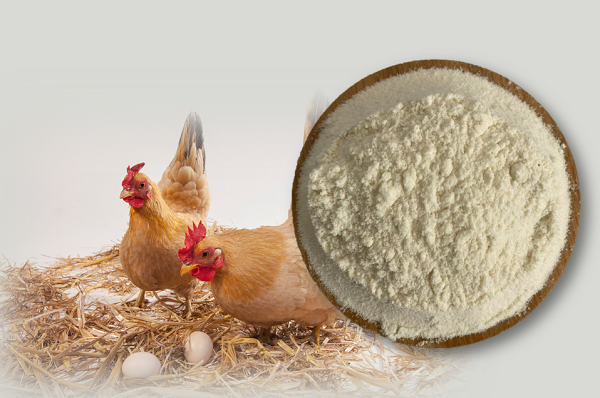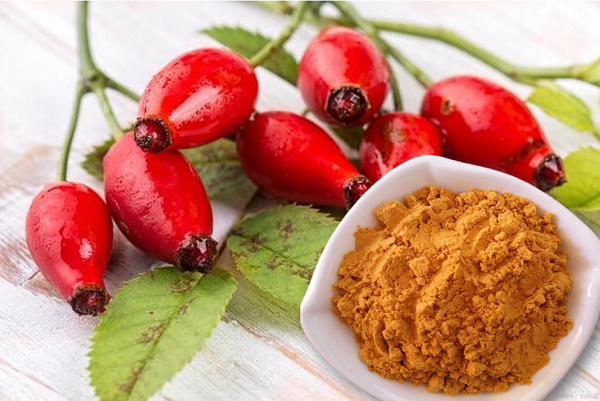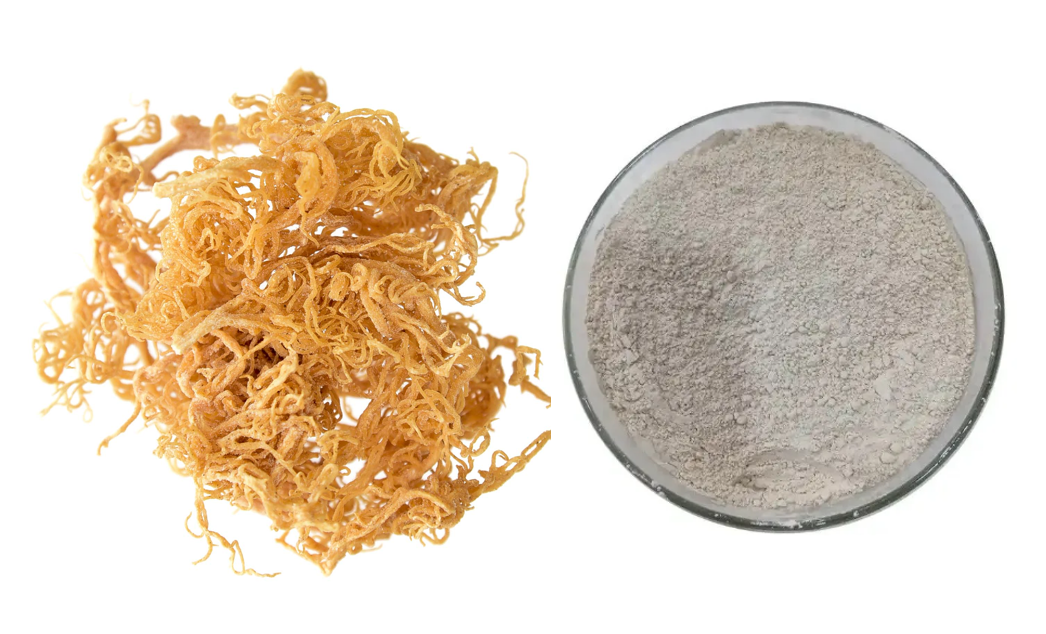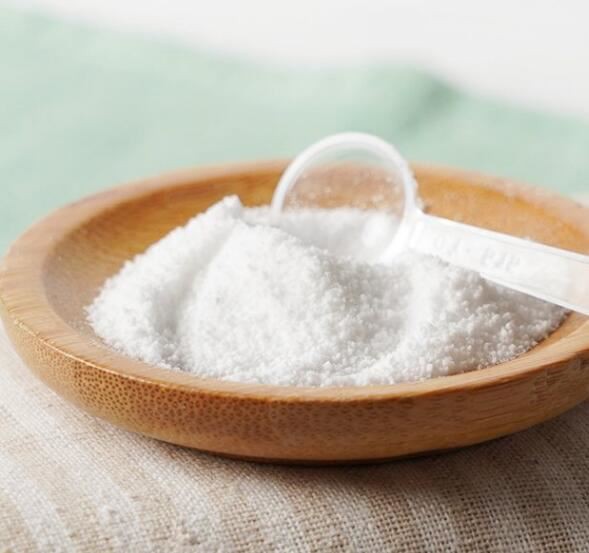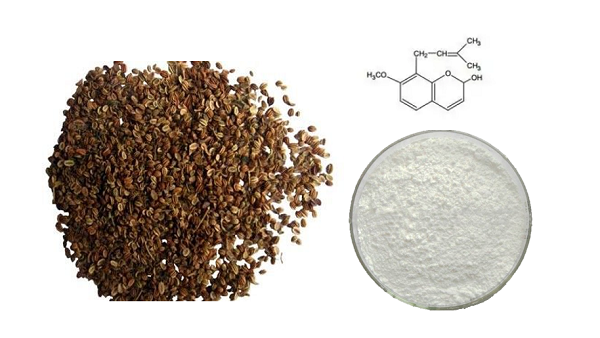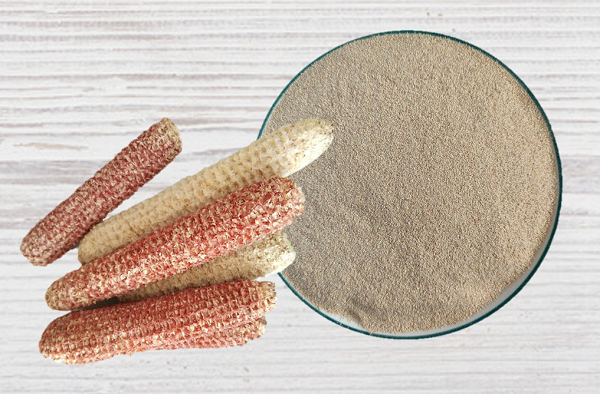Follow Us:
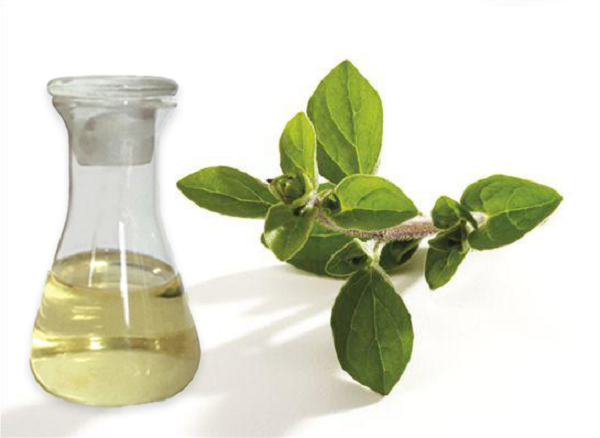
Carvacrol and Thymol: Plant Pesticides in Agriculture
Both carvacrol and thymol are natural compounds found in plants such as oregano and thyme. Carvacrol and thymol have antimicrobial and insecticidal properties, which makes them common palnt pesticides in agriculture.
What is Carvacrol?
Carvacrol is a naturally occurring organic compound, a phenolic monoterpene derivative, widely found in essential oils of many plants. The following is its key information:
1. Chemical Properties
- Chemical formula: C₁₀H₁₄O
- Structure: The benzene ring has hydroxyl (-OH), methyl (-CH₃) and isopropyl (-CH(CH₃)₂) substituents, belonging to the monoterpene phenolic compound.
- Physical properties: It is a colorless to light yellow oily liquid at room temperature with a strong spicy smell.
2. Natural Source
- Main plants: oregano (content up to 70-80%), thyme, lemon balm and other Lamiaceae plants.
- Extraction method: Separated from plant essential oils by steam distillation.
- Carvacrol oil has attracted much attention in the green chemistry and health industry due to its natural origin and versatility, but in practical applications, attention should be paid to concentration control and compatibility stability.
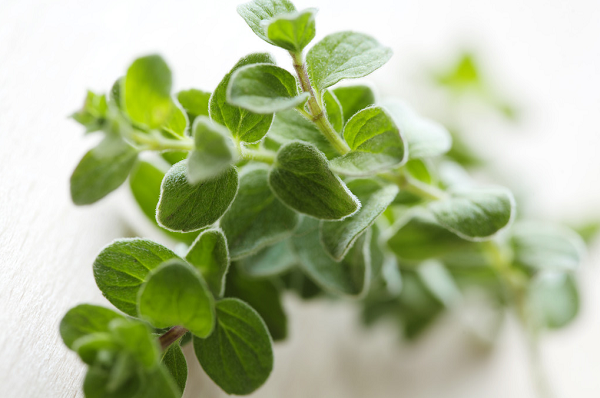
What is Thymol?
Thymol, also known as thymol, is a natural phenolic monoterpene compound and is an isomer of carvacrol. The following is its key information:
1. Chemical Properties
- Chemical formula: C₁₀H₁₄O
- Structure: The hydroxyl group (-OH) on the benzene ring is located at the meta position (position 3), and the methyl group (-CH₃) and isopropyl group (-CH(CH₃)₂) are located at the ortho position (positions 2 and 5), respectively.
- Physical properties: White crystals or colorless oily liquid, with a strong herbal aroma and spicy taste, slightly soluble in water, and easily soluble in ethanol and ether.
2. Natural Sources
- Main plants: thyme (Thymus vulgaris, with a content of more than 50% in essential oil)
- Oregano, lemon balm, basil and other Lamiaceae plants.
- Extraction method: Separation from plant essential oils by steam distillation.
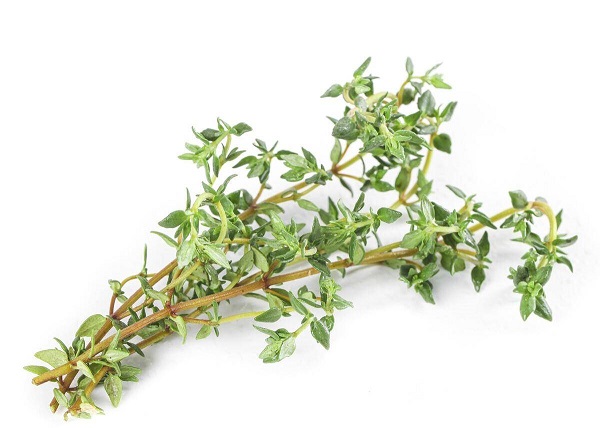
Difference Between Carvacrol and Thymol
Carvacrol and thymol (Thymol) are isomers with different hydroxyl positions (carvacrol is in the ortho position and thymol is in the meta position), resulting in different biological activities.
Carvacrol and Thymol in Oregano
Greenagribio carvacrol oil manufacturer dry the leaves and stems, then steam-distill the plant matter to extract as many compounds as possible. Oregano oil contains: carvacrol, the main active compound in oregano oil and a type of antioxidant called a phenol. thymol, which may help protect against toxins and fight fungal infections.
Does Carvacrol Have Any Effect on Peppers?
2% carvacrol has a certain inhibitory effect on gray mold of peppers, which can effectively reduce the use of chemical pesticides and improve the quality and yield of peppers.
Precautions for Using Carvacrol
When using carvacrol, the concentration should not be too high. Although a high concentration will not cause drug damage, the higher the concentration, the better. On the contrary, it will affect the efficacy, so a 600-fold dilution is the best.
When spraying, pay attention to spraying both sides of the leaves and try to spray repeatedly until you cover the entire leaf surface with the medicine.
Use the medicine prepared on the same day immediately; do not store it until the next day.
If sediment forms at the bottom of the bottle, shake it before use without affecting the efficacy.
Mix it with any (non-alkaline) pesticide.
By choosing our Bulk Carvacrol Oil, businesses can create high-quality, effective products that meet the growing demand for Agriculture solutions across the globe.

Carvacrol and Thymol Benefits
Carvacrol and thymol are phenols with powerful Antibioti effects and are extensively researched for their ability to inhibit a variety of bacteria. Treatment with both compounds inhibits the development of harmful organisms such as Esherichia coli, Listeria monocytogenes, and Salmonella enterica subsp.
Use
Carvacrol and thymol are plant-derived compounds that are used as pesticides in agriculture because they have insecticidal and antimicrobial properties.
- Insecticidal: Carvacrol and thymol repel and kill insects. They can target insect odorant binding proteins and acetylcholinesterase.
- Antimicrobial: Carvacrol has a strong antimicrobial effect on many bacteria and fungi.
- Anti-inflammatory: Carvacrol can reduce the level of pro-inflammatory cytokines in the body.
The use of registered pesticide products containing thymol is not expected to pose unreasonable risks to humans or the environment.
Safety
The FDA and EPA consider carvacrol and thymol to be Generally Recognized as Safe (GRAS).
Where to Buy Carvacrol Oil?
Greenagribio Botanical Pesticide Materials suppliers are tested by accredited third party labs in the USA to ensure their identity, purity and potency. To receive a copy of these test results or any other, please fill out the COA.













